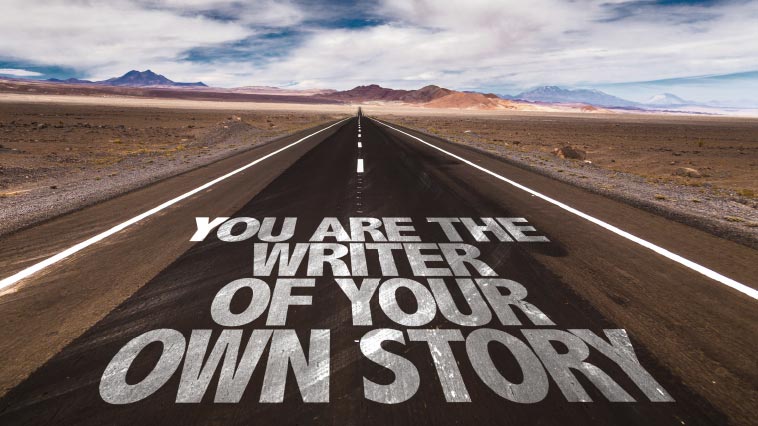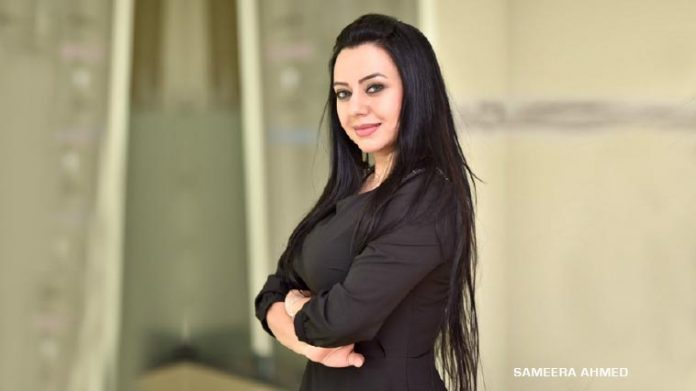How did you get into coaching?
It was 2015 when I started coach training with BMC [Beckett McInroy Consultancy]. I was fascinated by the concept and its applications in both personal life and business. It literary changed my life.
You have a lot of experience with large-scale projects. Do you also do one-to-one coaching?
Yes, I do. The majority of my one-to-one coaching is for those who are working around their professional development and business improvement issues.
How does coaching differ from the kind of career advice sessions one used to get at school?
In coaching, we don’t offer advice, direct nor lead. We engage in thought-provoking conversation where the coachee discovers the answers by themselves. We believe that people are creative, resourceful and whole; they don’t need a fix and they, for sure, have the full ability to create the life they want – if they want.
Do you work in specific areas or can the skills you teach be applied in any field?
I work in the areas of professional development, business process innovation and improvements, sales, marketing and customer service.
Please tell us about your ‘play, think, learn’ concept. How did you develop it and what results have you seen?
In the concept, I follow a strategy in delivering my training and coaching sessions where participants are required to perform 80 per cent of the concepts learned during the sessions via highly interactive activities and role plays that reflect their learning. This model enables them to better learn and have an in-depth understanding of the learning outcomes.
 It works on the basis that if the person is enjoying what they do, they are more likely to learn and improve in a better way. It’s not only a training method, it’s a philosophy of living in your passion zone.
It works on the basis that if the person is enjoying what they do, they are more likely to learn and improve in a better way. It’s not only a training method, it’s a philosophy of living in your passion zone.
I have received a great deal of feedback after the sessions on how participants still remember and apply the concept learned during the training to improve their skills both in work and life.
You have a particular affinity for youth training. How are you taking this forward and why do you believe it is important?
I joined BSTD [Bahrain Society for Training and Development] as youth leadership programmes director in 2015. Training youth develops my muscle in training adults. It also gives me a sense of fulfilment – I feel as though I am a mother to 1,000s of kids in Bahrain. [In fact, since she started coaching she has carried out volunteer presentations and sessions, such as Leader In Me, Secrets of Success, and Challenges Faced by Entrepreneurs, for more than 2,000 young people.]
This month sees you take up the presidency of Bahrain chapter of the International Coach Federation. Please tell us more about the organisation; how many members both globally and locally and what does it do?
ICF is committed to advancing the coaching profession so coaching becomes an integral part of society. Its members aim to lead this journey by representing the highest quality in professional coaching. It also operates the ICF Code of Ethics which is designed to provide appropriate guidelines, accountability and enforceable standards of conduct for all ICF members and ICF credential-holders.
Anyone can call themselves a coach. To be an ICF coach, an individual must complete at least 60 hours of coach-specific training and pledge to abide by the ICF Code of Ethics. ICF credential-holders and mentor coaches must meet additional education and experience requirements.
There are more than 30,000 members globally and Bahrain had 28 at the end of 2017.
I have been an ICF member since 2016 and being elected as chapter president is definitely an honour.
What are your plans for your time as president? What do you hope to achieve and how will you go about this?
I hope to enhance awareness about the coaching profession and to emphasise the ethical practices of this profession. I aim to do this through creating collaborations with other societies and corporates and designing and executing projects such as workshops, sessions and seminars.
Coaching is a way of living; it’s not a profession, not a business, it’s simply a life style.


































